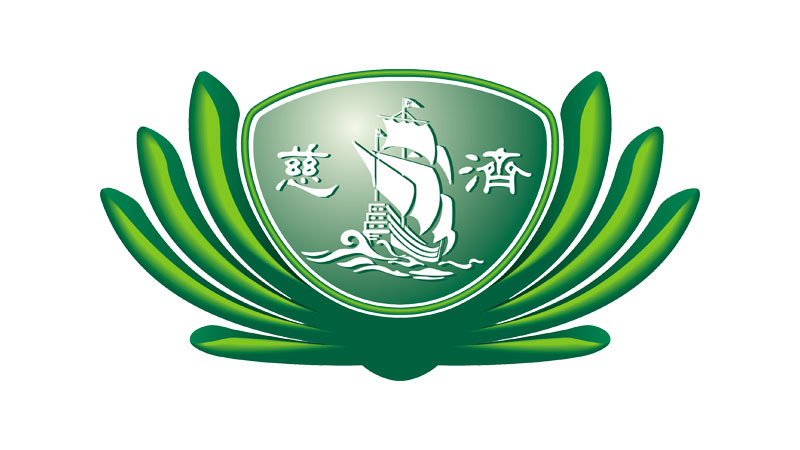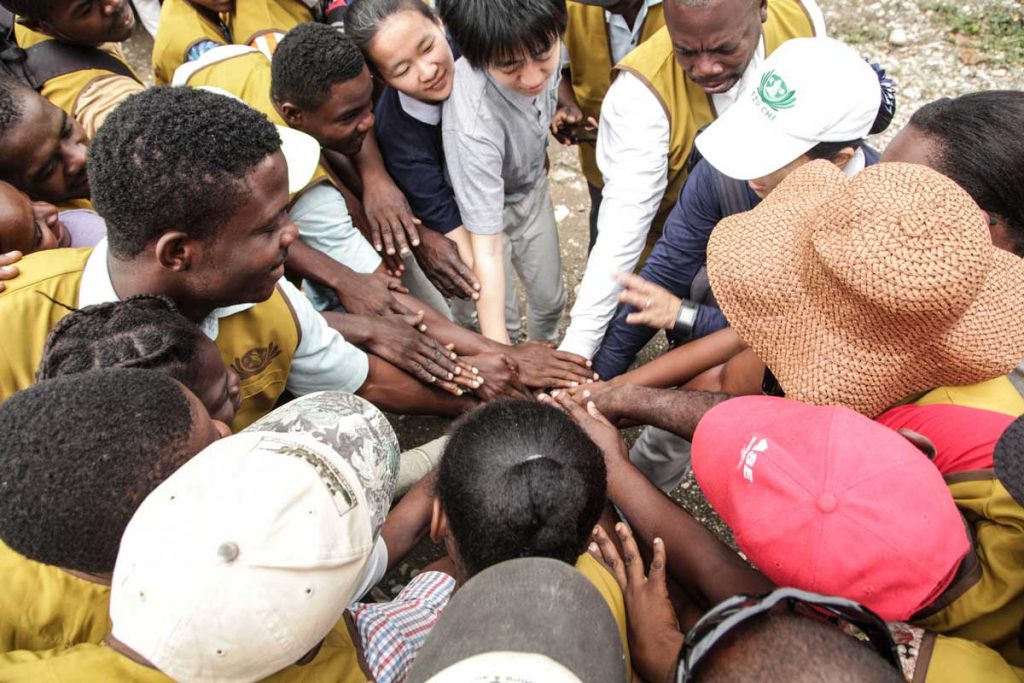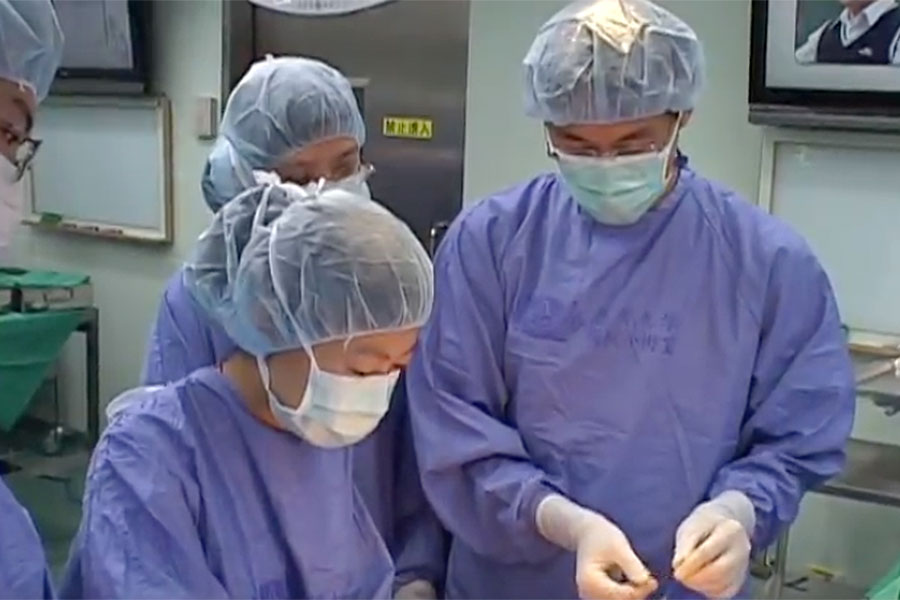
With the passing of someone’s life, something good and positive can happen. That is true when it is related to body donation for medical purposes whereby the body can be a teacher. It is then not the end of a life but instead a new beginning whereby medical students can learn what is most important in becoming a good and humane medical doctor.
The Silent Mentor Body Donation training program through Tzu Chi University did not happen overnight. The program weaves professional medical training with humanistic appreciation and is conducted only in Taiwan.
Although Tzu Chi University began its willed body donation program in 1995, it did not come easy to a society that mystifies the human body so that many are unwilling to donate.
In February 1995, as the first willed body donation, Mrs. Hwei-Ming donated her body to the school. Mrs. Ming’s daughter said that her mother wanted her “useless body turned into something useful.”
Through the Silent Mentors, the medical students along with the school are able to create a comprehensive health care system whereby they, as future doctors, will make great contributions, according to Dharma Master Cheng Yen.
Turning the useless corpse into teaching material is a liberating experience from life and death as well as the wisdom of knowing how to teach selflessly.
Dharma Master Cheng Yen
When there was a lack of body donations, it had an effect on students and their motivation to learn as well as the faculty’s drive to teach.
Master Cheng Yen had appealed to everyone that, “We do not own our lives, we only have the right to make use of them which rewrote the history of body donation.”
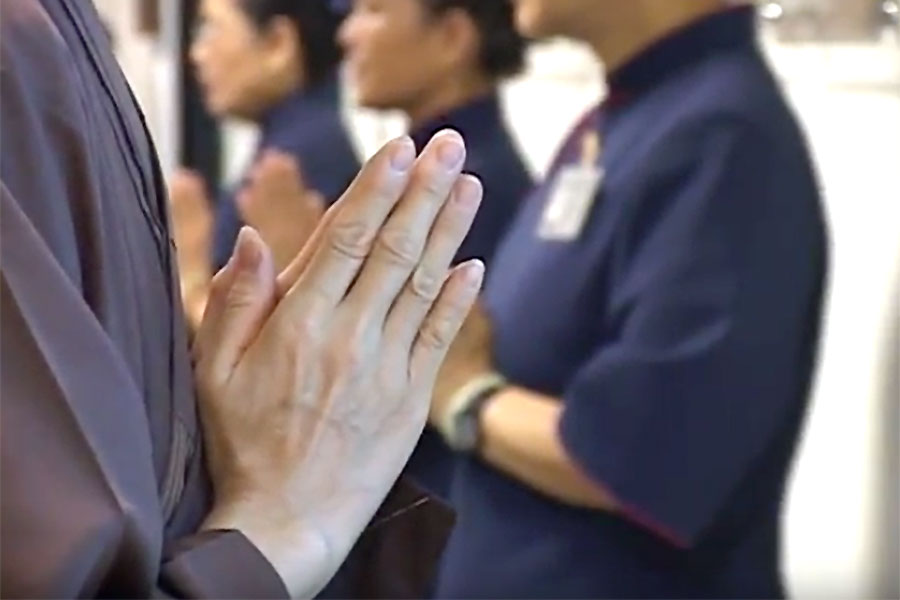
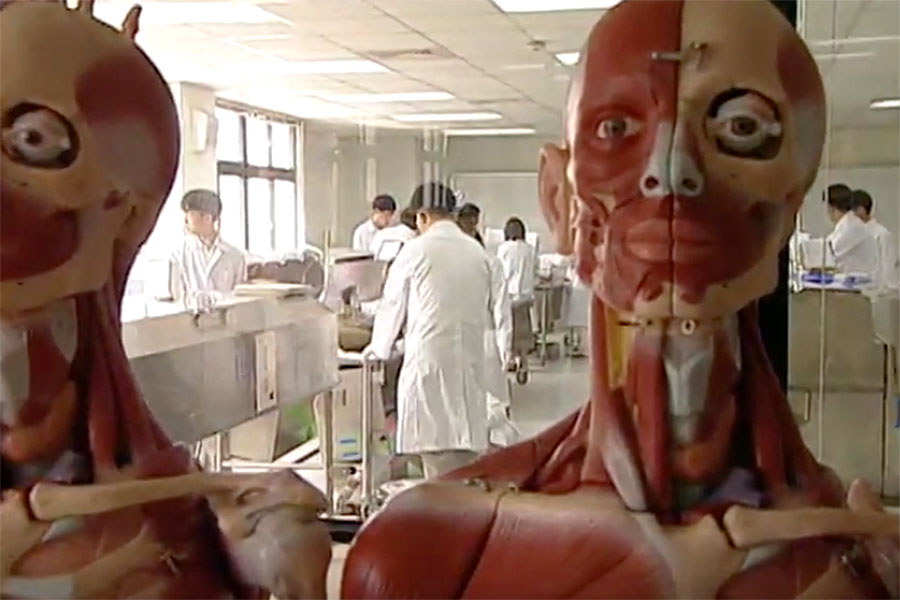
Over time, minds did change, so that by August 2008, the program was entrusted by more than 24,000 people. There have been 330 people who have accomplished their will with the oldest at 94 years and the youngest at 14. Additionally, 295 donations were transferred to other universities.
The utmost care is taken into before students begin classes. They visit with the families of the Silent Mentors, look at photos and hear stories from the families to learn about the donors’ lives. The school places mentors’ photos and biographies at the dissection tables, hallways and websites so that all may reflect on past memories.
Master Cheng Yen expects all who take part to understand the experience by being respectful and showing love in the selfless donation. The success of the doctors depends on their respect for the silent mentors and what they learn from them, oftentimes considered teachers. Families ask that the medical student learn from them.
Families give thanks to the medical students for fulfilling their relatives’ last wishes. While families meet with students at the dissection tables they become at ease and is a show of leading by personal example.
After being with the Silent Mentor for a semester, students regard the experience as if learning from a teacher. When the course comes to and end, students take great care with the bodies and prepare carefully for placement into a coffin before the cremation ceremony.
A gratitude ceremony includes students who dedicate last letters and a bouquet following guidance by masters of the Jin-Si Abode, university president, faculty, all the students, family members and Tzu Chi volunteers. Student offer sincere gratitude to the Silent Mentors whose bodies inspire others.
